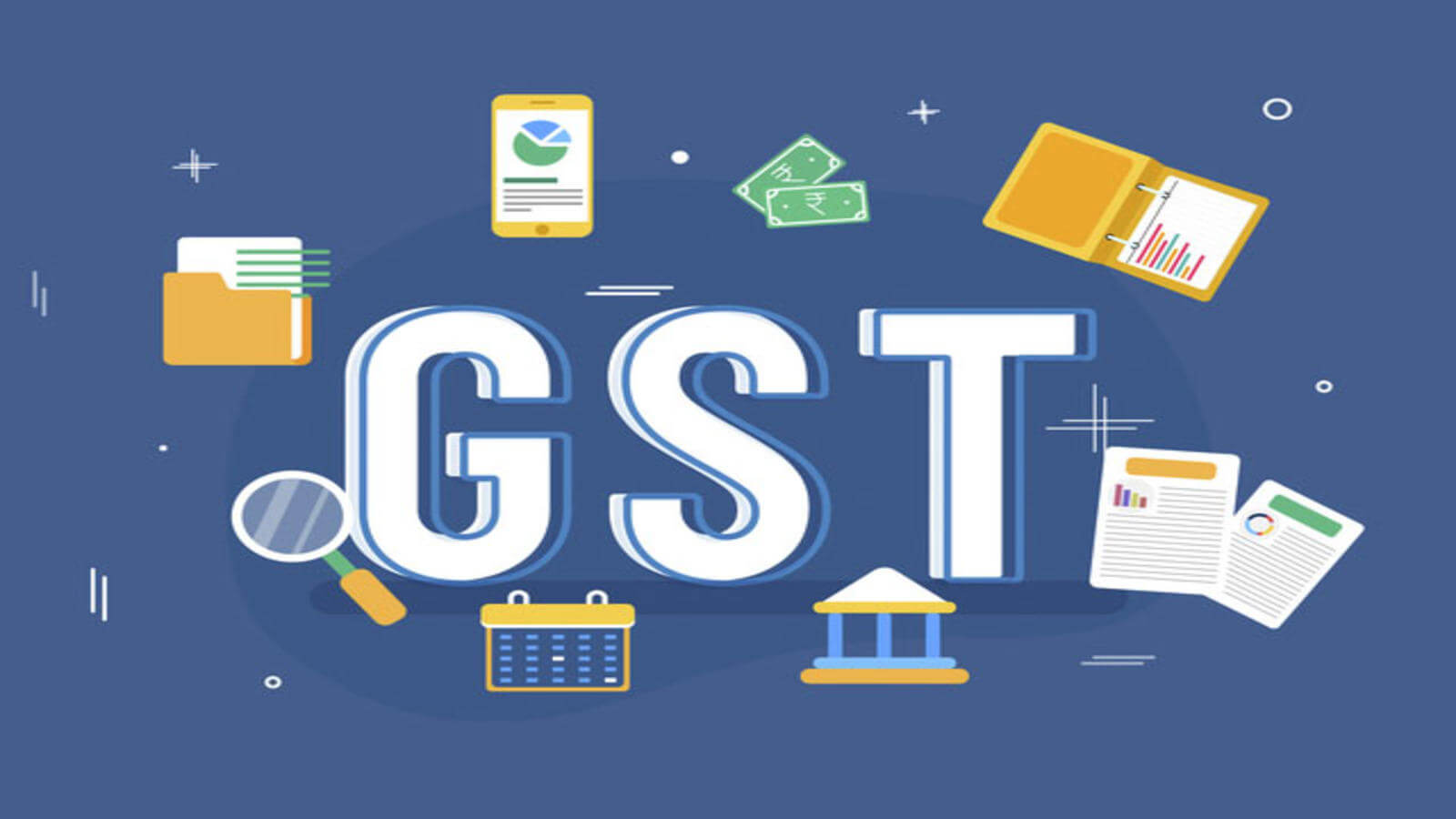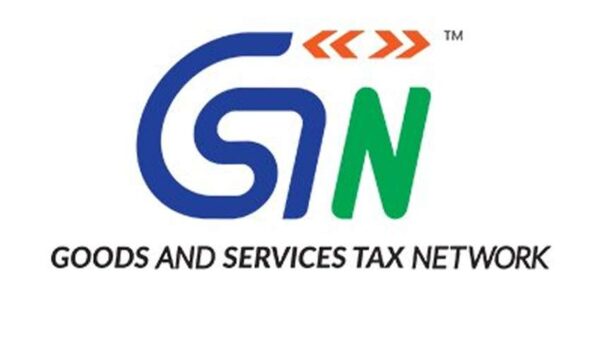The Gujarat High Court has issued the notice to Government over constitutional validity of the proviso to Section 50 of CGST Act, 2017. It may be noted here that Section 50 is with regard to the interest on delayed payment of tax.
For ready reference Section 50(1) is reproduced below:
Interest on delayed payment of tax.— (1) Every person who is liable to pay tax in accordance with the provisions of this Act or the rules made thereunder, but fails to pay the tax or any part thereof to the Government within the period prescribed, shall for the period for which the tax or any part thereof remains unpaid, pay, on his own, interest at such rate, not exceeding eighteen per cent., as may be notified by the Government on the recommendations of the Council:
Provided that the interest on tax payable in respect of supplies made during a tax period and declared in the return for the said period furnished after the due date in accordance with the provisions of section 39, except where such return is furnished after commencement of any proceedings under section 73 or section 74 in respect of the said period, shall be levied on that portion of the tax that is paid by debiting the electronic cash ledger.
The matter under dispute is the proviso to Section 50(1) wherein the benefit of levy of interest on delayed payment on net tax liability is not available to a person where GST return is furnished after commencement of any proceedings under section 73 or section 74 i.e. in such cases interest will be applicable on gross tax liability.
In the writ filed before the Gujarat High Court the petitioner, Flair Writing Industries Limited, has challenged the constitutional validity of the proviso to Section 50 of the CGST Act, 2017 with regard to the interest on delayed payment of tax.
The counsel on behalf of the petitioner submitted that the proviso to Section 50 (1) of the Act, 2017 allowed the benefit of interest on tax payable in respect of the supplies made during a tax period, declared in the return for the said period and furnished after the due date. It was stated that while the petitioner is required to furnish return every month as per the first proviso to Section 37 of the CGST Act, he is not permitted to revise its returns after the month of September following the financial year in which the tax amount becomes due.
The petitioner argued that the amendment in the form of proviso is in violation of the decision taken by the GST Council in its 31st meeting held on December 22, 2018, wherein, the Council unanimously decided that interest is not payable for the delayed payment of tax through electronic credit ledger i.e. interest is applicable only on the “net liability”.
The petition stated that the Council thought fit to recommend the Government to levy interest only on the net cash liability irrespective of the classification of the taxpayers. Such mandate from the GST council could not have been overlooked or restricted by the Parliament.
It was also argued by the petitioner that the first proviso is manifestly arbitrary as its create differently treatment between two classes of persons (i) who self assessed payment of tax after duly filing of the tax returns pursuant to the investigation and (ii) who fails to file a return in time and pays tax on account of delayed in filing of return in terms of Section 39 (1) of the CGST Act. Thus, the writ applicant is aggrieved by its exclusion from the proviso to Section 50 (1) of the Act. He is also aggrieved by the levy of interest on the GST paid by him through the electronic credit ledger on account of short payment of tax. This according to the writ applicant is violative of Article 14 of the Constitution of India.
Considering the writ and arguments set forth, the division bench of Justice J.B.Pardiwala and Ilesh J.Vora directed the Notice to be issued to the GST authorities, returnable on February 11, 2021. The respondents shall be served directly through email.
READ / DOWNLOAD:
Follow us for free tax updates : facebook Twitter
***
Subscribe our portal and get FREE Tax e-books , quality articles and updates on your e-mail.
Resolve your GST queries from national level experts on GST free of cost.
Frah Saeed is a law graduate specializing in the core field of indirect taxes and is the Co-founder of taxwallah.com. She has authored many publications on GST and is into full-time consultancy on GST to big corporates. She as a part of taxwallah.com heads a team comprising of Chartered Accountants and Advocates and plays a key role in our mission to disseminate GST knowledge to all.




